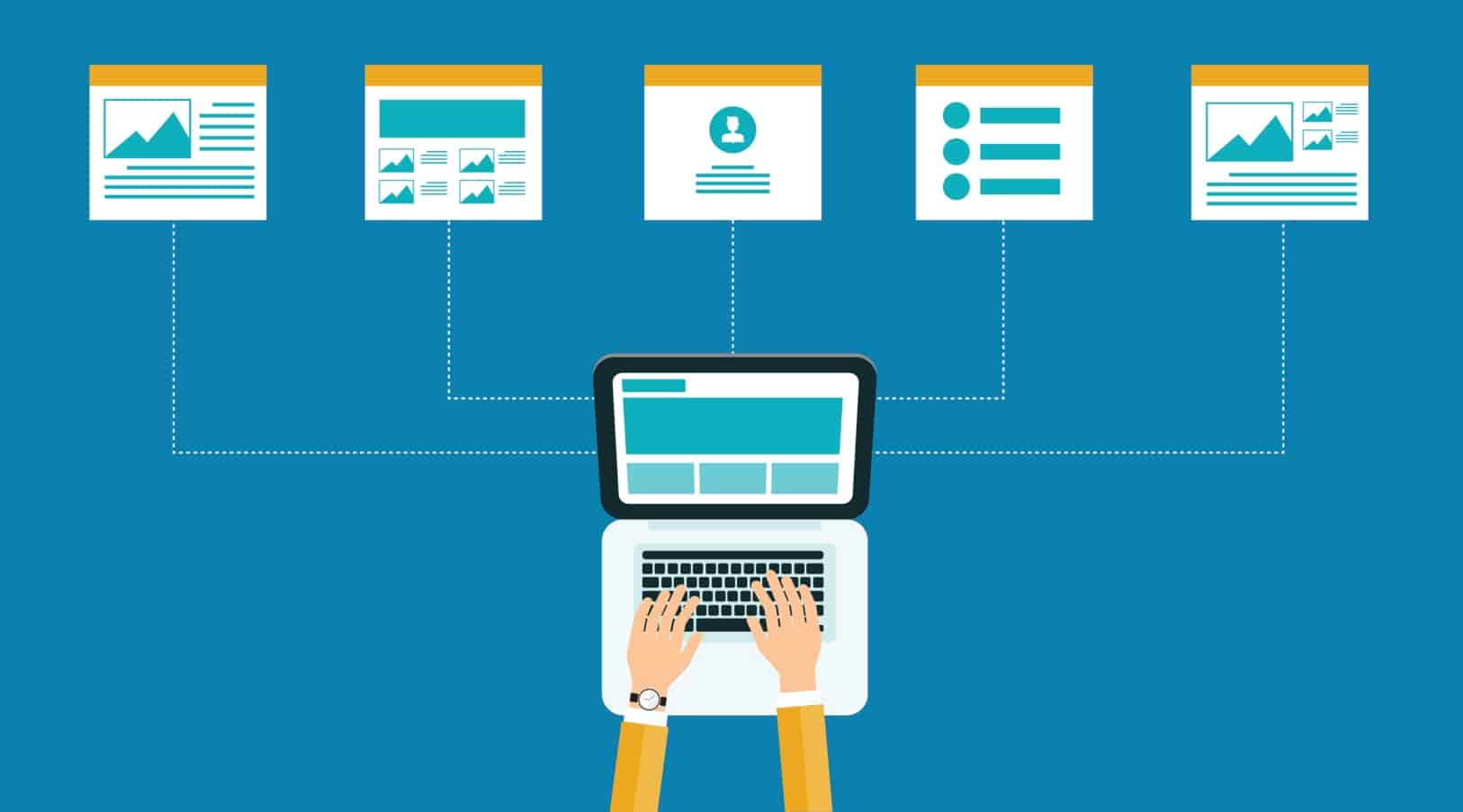The past year has been tough for most people, especially for those in financial difficulties. 9.2% of the world’s population lives in extreme poverty – less than $1.90 a day – a number that has decreased since 1990. That decrease, however, has been threatened by the effects of COVID-19 and lockdowns. For others finances might not be as dire – but nevertheless, money is a source of worry.
How realistic is saving money?
Obviously for those who cannot afford to meet their basic needs such as food and shelter, saving money is an impossibility. People who exist below the poverty line simply do not have the cash to access education and healthcare, let alone to put away towards a nest egg. Sometimes people can be working full-time jobs and still fall below the poverty line, depending on the cost of living in their country. There are, however, some ways to make the money you do have last a bit longer.
Look at needs vs wants
At the most basic level, our needs are simple: food, water, shelter, and clothing. Most people, however, have other needs and many wants – things that are not essential for survival but a source of pleasure.
We have a need for transportation, electricity, and healthcare – not strictly required for survival, but necessities for a more tolerable living situation. Those who live below the poverty line usually don’t have the option of budgeting for wants, such as entertainment, eating out, or buying things purely for enjoyment. If you are struggling to manage your money you need to sit down and take a hard look at where your money is going and whether you are prioritizing wants over needs, such as your passion to gamble and play online in FIFA World Cup betting.
Make a budget
A tip that seems to pop up everywhere is to make a budget that will help now and in the future. Creating a budget can seem daunting when it feels like you don’t have money to meet basic expenses, but it can still help keep you afloat in tough times. Just as sorting through needs and wants, it can help you put together a plan to afford bare necessities and alert you to bills that won’t be covered, allowing you to find out whether deadlines are flexible. If you are looking for ways to win extra money you can always visit website for more options.
Cut costs
To get your basic needs met you do need some kind of income, but what you spend it on can determine how skint you end up at the end of the month. Food shopping is one of the biggest expenses in most households, but making prudent decisions about where you shop and what you purchase can ease the financial hardship. Some tips for saving on groceries are to use shopping lists to keep you on track, buy in bulk, make use of discount supermarkets or, for some, finding a food bank that can offer some assistance.
Keep your head above water
Although these are only three tips to ease an individual financial crisis, they are a good place to start. Once you have implemented some changes, things may start to feel less overwhelming – the first step towards a more secure future.









